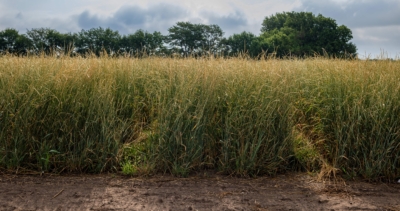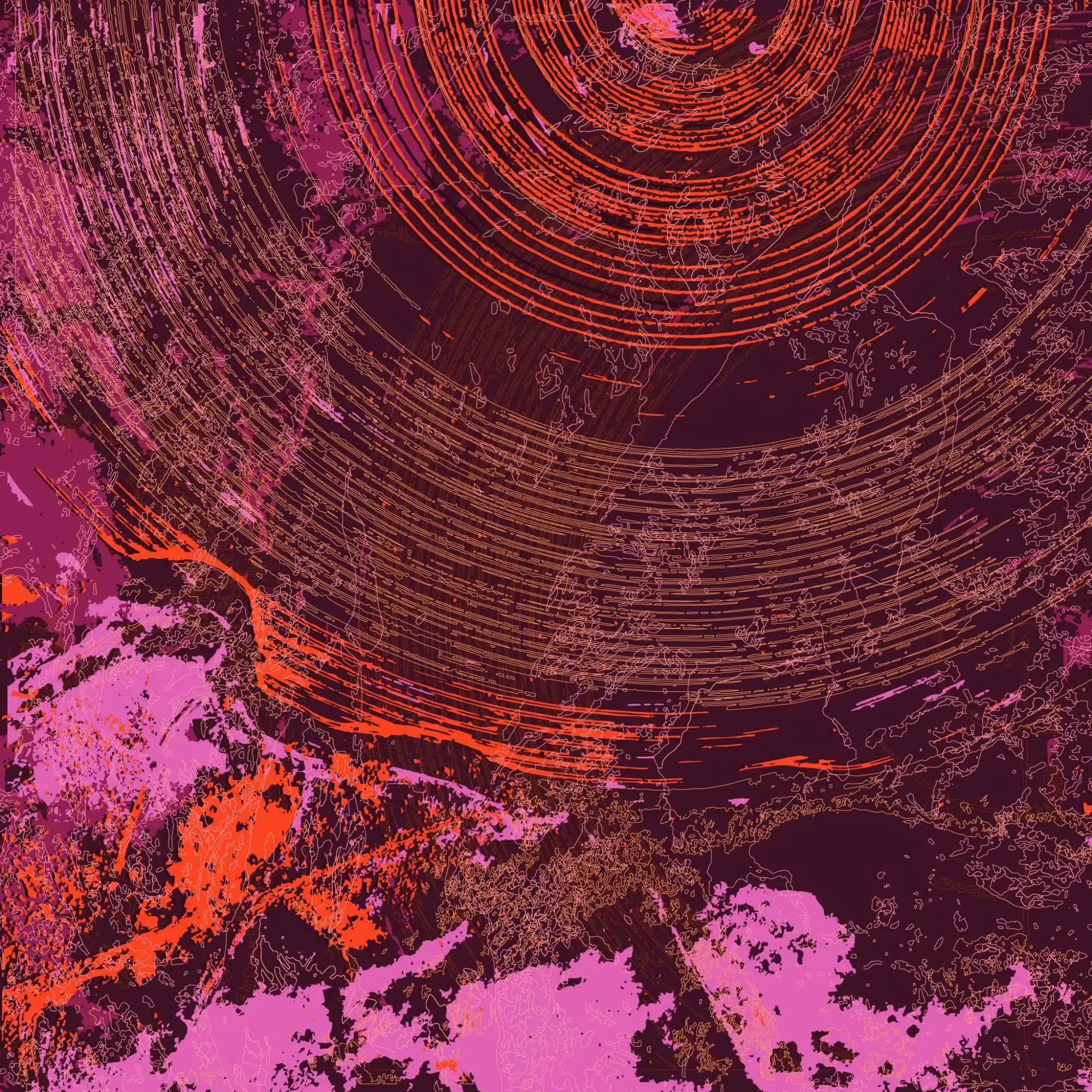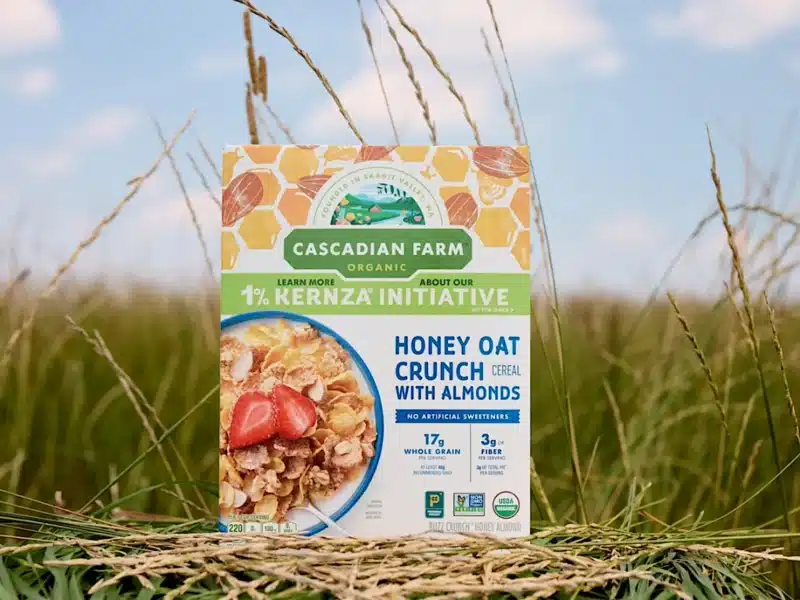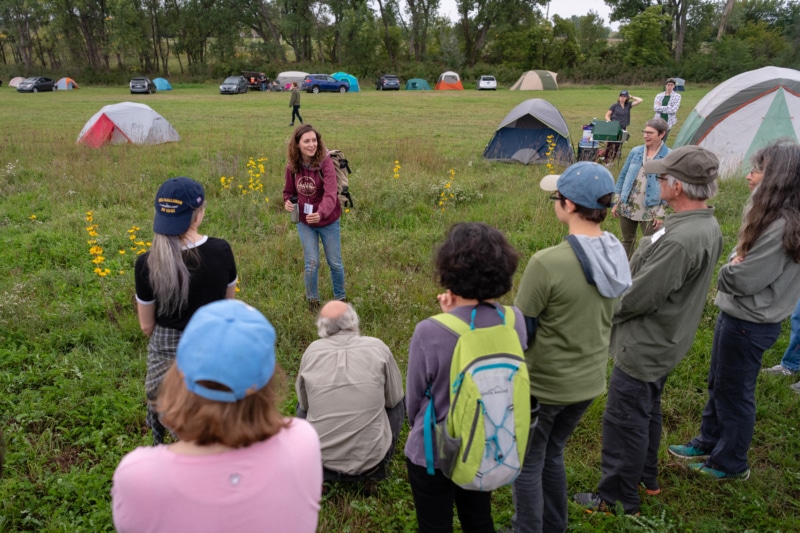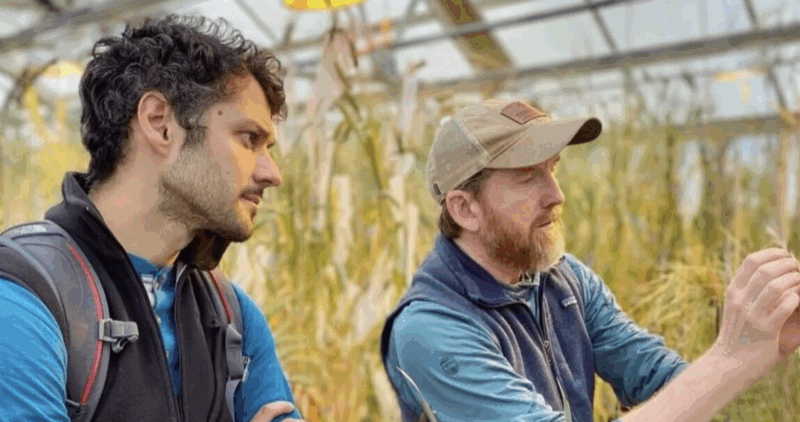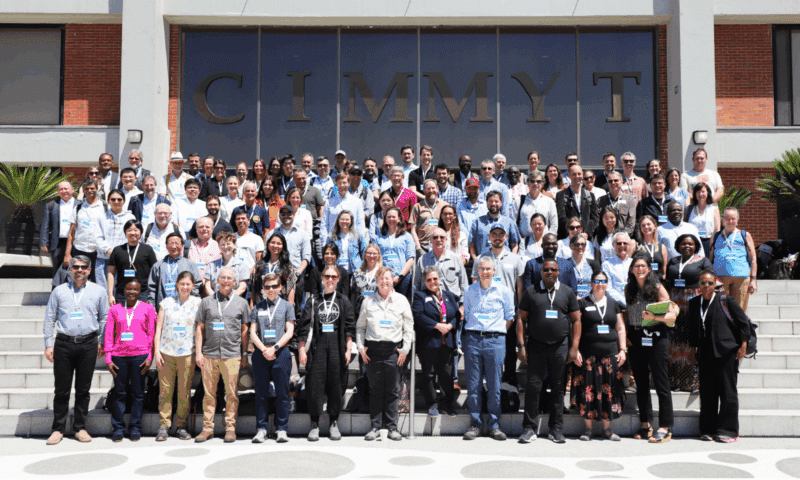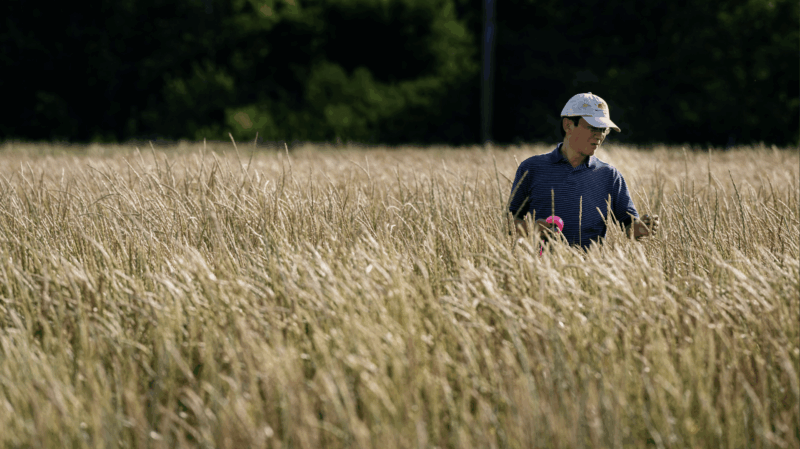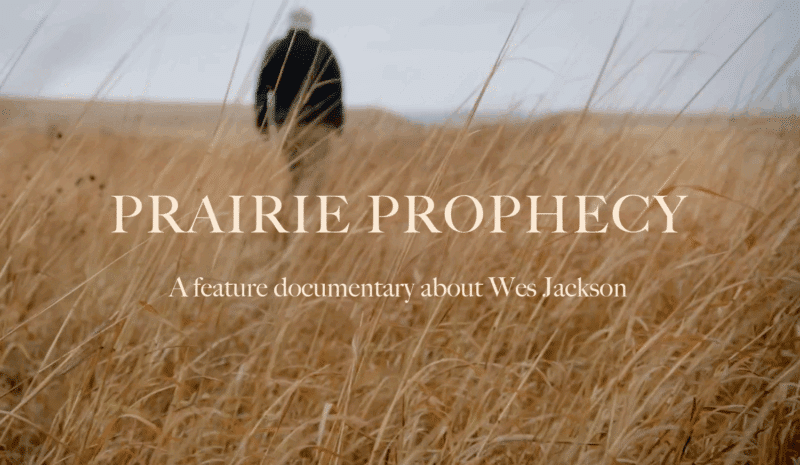“New Roots for Ecological Intensification” — An international conference on perennial grains set for Colorado
Press Note:
The conference is not open to the public but The Land Institute will seek to accommodate the working press. Contact Scott Seirer, managing director, (cell) 785-493-1859, for assistance.
About 50 scientists from throughout the world will gather next week in Colorado to address some of the most significant challenges and breakthroughs in perennial grain breeding and agroecology.
The five-day conference will begin Monday, Oct. 27, in Estes Park at the historic Stanley Hotel. Sponsors are The Land Institute, a Salina, Kan., nonprofit research organization that is a leader in the development of perennial grains, and the Estes Institute, an Estes Park nonprofit organization that promotes conservation through collaborations, conferences and student programs.
Tim Crews, director of research at The Land Institute, said the conference will include small-group sessions that will probe specific perennial grain breeding strategies of wheat, sorghum, rice, oilseed crops and Kernza, an intermediate wheatgrass being domesticated at the Institute. Conference topics also will include cross-discipline research issues, the seemingly contradictory challenge of increasing food production while reducing its environmental harms, and the opportunities and impediments in scaling up global perennial grain research. Conference participants will be invited scientists from throughout the United States and 10 other countries.
Ecological intensification has become a buzzword in global food policy circles, but often in the context of conventional annual crops, Crews said. Diverse perennial grains would offer farmers unprecedented levels of sustainability through greater nutrient retention, accumulation of soil organic matter and sharp reductions in soil erosion and the need for chemical inputs.
